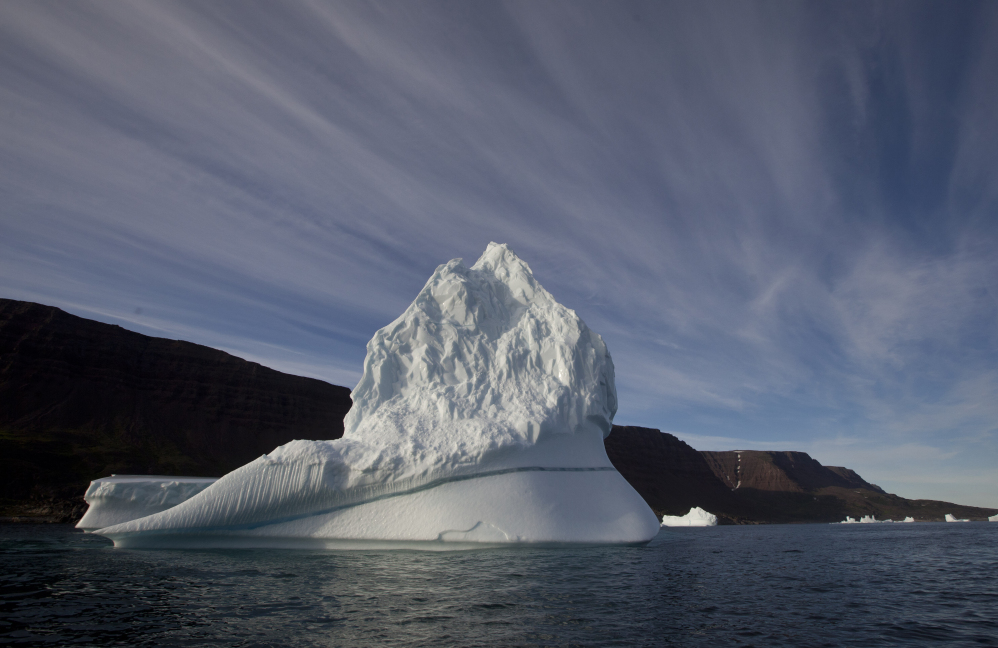KIGALI, Rwanda — Environmental groups early Saturday said nations have reached a deal to limit the use of greenhouse gases far more powerful than carbon dioxide as part of efforts to fight climate change.
At issue are hydrofluorocarbons, or HFCs, which are used in air conditioners and refrigerators and have been described as the world’s fastest-growing climate pollutants.
Observers said the agreement, set to be announced shortly, would cap the use of HFCs beginning in 2019, led by developed countries including the United States, the world’s second-worst polluter.
More than 100 developing countries including China, the world’s top carbon emitter, would start taking action in 2024.
Observers said a small group of countries including India, Pakistan and some Middle East states pushed for and secured a later start in 2028, arguing that their economies need more time to grow. That’s three years earlier than India, the world’s third-worst polluter, had first proposed.
Scientists have said an agreement could put a half-degree Celsius dent in global warming by the end of the century.
“Compromises had to be made, but 85 percent of developing countries have committed to the early schedule starting 2024, which is a very significant achievement,” Clare Perry, UK Climate Campaign Leader with the Environmental Investigation Agency, said in a statement.
Environmental groups called this meeting the first real test of global will after the historic Paris agreement to cut carbon emissions was reached last year.
The new agreement is “equal to stopping the entire world’s fossil-fuel CO2 emissions for more than two years,” David Doniger, climate and clean air program director with the Natural Resources Defense Council, said in a statement.
Experts said they hope that market forces will help speed up the limits agreed to in the deal.
HFCs were introduced in the 1980s as a substitute for ozone-depleting gases. But their danger has grown as air conditioner and refrigerator sales have soared in emerging economies like China and India. HFCs are also found in inhalers and insulating foams.
Major economies have debated how fast to phase out HFCs. The United States, whose delegation was led by Secretary of State John Kerry, and Western countries want quick action. Nations such as India want to give their industries more time to adjust.
HFCs are less plentiful than carbon dioxide, but Kerry said last month that they currently emit as much pollution as 300 coal-fired power plants each year.
Send questions/comments to the editors.



Comments are no longer available on this story